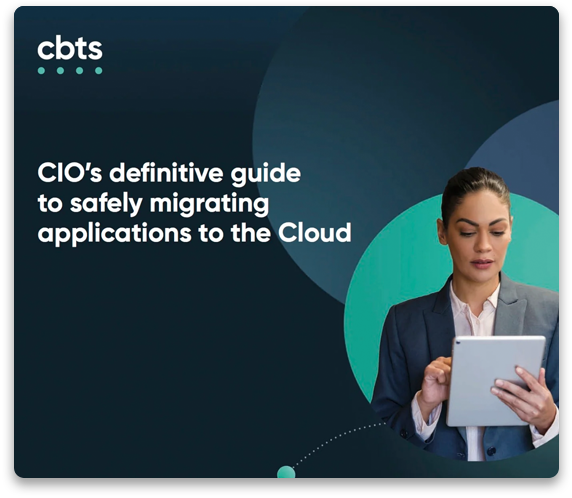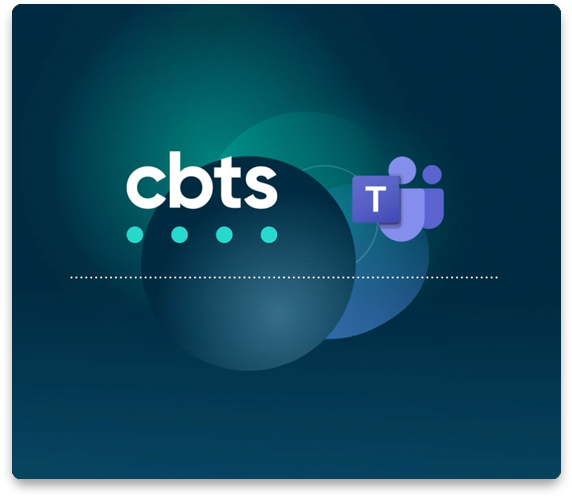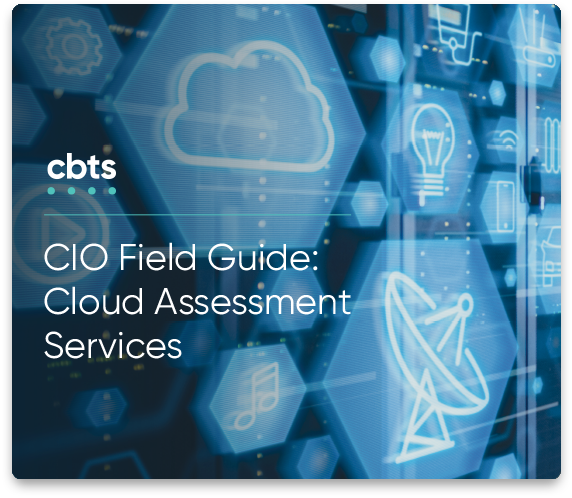
In the age of mass migration to cloud infrastructure, enterprises may struggle to leverage traditionally licensed software designed for use within a single data center or business location. This is particularly true for broad productivity suites that aim to unify wide-ranging processes into cohesive, manageable workflows. As a result, many developers are converting their legacy products into cloud-ready services like Microsoft 365 and Office 365.
Microsoft offers licensed programs like Microsoft 365 and Office 365 as full-fledged cloud solutions designed to go where enterprise IT goes while delivering the cost benefits of other service-based platforms.
What is the difference between Microsoft 365 and Office 365?
You are probably already familiar with Office 365, the cloud-based version of the Microsoft Office suite of well-known productivity and work applications—Word, Excel, PowerPoint, and many more. Earlier this year, Microsoft rolled out Microsoft 365.
What is the difference between the two? In a nutshell, Microsoft 365 offers the same functionalities as Office 365 but with additional cloud security features. Microsoft 365 also features new advanced AI-powered analytics and streamlined, enterprise-wide deployment of applications.
To be clear, Microsoft is not ending Office 365—at least not yet. However, they have recently phased out Office 365 subscriptions in favor of a one-time purchase. Microsoft 365 is the only subscription-based service currently available. Organizations have various options when subscribing to ensure the product they get is the best fit for them.
Learn more: Office 365 vs. Microsoft 365. Which is Right for Your Business?
The benefits of a cloud-based Microsoft suite
From an operational standpoint, organizations find that migrating productivity software to the Cloud delivers a far more powerful, feature-rich user experience than anything hosted on a local, static infrastructure.
Deploy tools quickly to increase productivity
The Cloud enables rapid deployment of new and powerful tools to keep productivity gains on a steady upward trajectory. Advances like artificial intelligence and Big Data analytics—which could take years to reach an enterprise otherwise—are available instantly in the Cloud.
Drive large-scale collaborative and sharing capabilities
The Cloud can also better support the large-scale collaborative and sharing capabilities that many knowledge workers—particularly younger staff—find commonplace in their personal lives. This produces a more comfortable, familiar workspace to easily manage meetings, assignments, deadlines, and casual conversations.
Store critical data in a secure environment
The Cloud is a more secure environment to house critical data than a local data center, easing fears about hosting storage and applications on third-party resources.
Cloud providers do not want to find themselves at a competitive disadvantage, which leads them to constantly upgrade to the latest software and infrastructures to keep data safe and secure. It is also simpler and cheaper to build offsite backup and recovery in the Cloud. You can then augment this structure with the newest automated replication and fail-over techniques.
Build and scale state-of-the-art environments with minimal costs
But perhaps the most impressive aspect of cloud-based communication and collaboration is that it converts both your software licensing and infrastructure consumption from a capital expense to an operational expenditure model.
Premium Microsoft 365 packages are now available for as little as $9 per month per user. Organizations find they can build state-of-the-art business environments with minimal upfront costs and then scale the environment to accommodate existing workloads.
Let IT staff focus on high-level strategic goals
Cloud solutions allow enterprises to utilize internal IT staff for higher-level strategic goals. Third-party providers like CBTS provide essential management and support. Managing legacy Microsoft Outlook and SharePoint infrastructure, along with other conventional communication platforms, is not only time-consuming but a distraction for your highly skilled IT staff.
By implementing Microsoft365 or Office 365, IT departments:
- Offload compute, storage, and maintenance of their communications infrastructure.
- Reduce their on-site technology footprint.
Next-level security tools
To combat the ever-worsening onslaught of cybercrime faced by companies, Microsoft 365 offers security benefits that Office 365 does not. Depending on the type of license you opt for, Microsoft 365 includes:
- Advanced device and app management.
- Permissions, Identities, and Access control in one simple dashboard.
- AI-powered threat protection and elevated security protocols.
- Advanced compliance management.
- Business intelligence, analytics, and insights.
Learn more: Microsoft Licensing Optimization
CBTS will help you maximize your Microsoft experience
After adopting Office 365 or Microsoft 365, companies should consider the long-term retention and protection of their critical data. One option is to store secondary copies in a geographically dispersed location.
By creating an offsite copy of your backup in a cloud environment like Microsoft Azure, organizations can:
- Access your specific files for restoration.
- Address compliance and regulatory requirements.
Our experts will perform a backup assessment before implementation to map your current topology. We will also create a technology roadmap that mirrors your business objectives. Upon completion of the backups, our experts test for proven restoration capabilities of your data.
Learn more: Revolutionize Your Cloud Disaster Recovery Capabilities with DRaaS
CBTS provides a comprehensive Microsoft roadmap
In today’s digital economy, efficiency and productivity are the keys to success. Companies that shed clunky, uncoordinated processes in favor of lean, agile operations can better maintain high profitability. Once in the Cloud, you can gain access to a global marketplace of goods, services, and potential customers.
To get the most benefit from your migration to Microsoft 365, turn to an experienced IT provider like CBTS. With the right partnership, your technology can be quick and non-disruptive—even with complex platforms like Microsoft 365.
For more than 15 years, CBTS has been a certified Microsoft Cloud Solutions Partner. Our Microsoft-certified professionals have deep expertise integrating different Microsoft platforms. Our project managers and engineers can advise you on maximizing your benefits the most from your Microsoft cloud investments.
Contact us today for information on how CBTS can convert your legacy tools to a modern cloud footing!




















